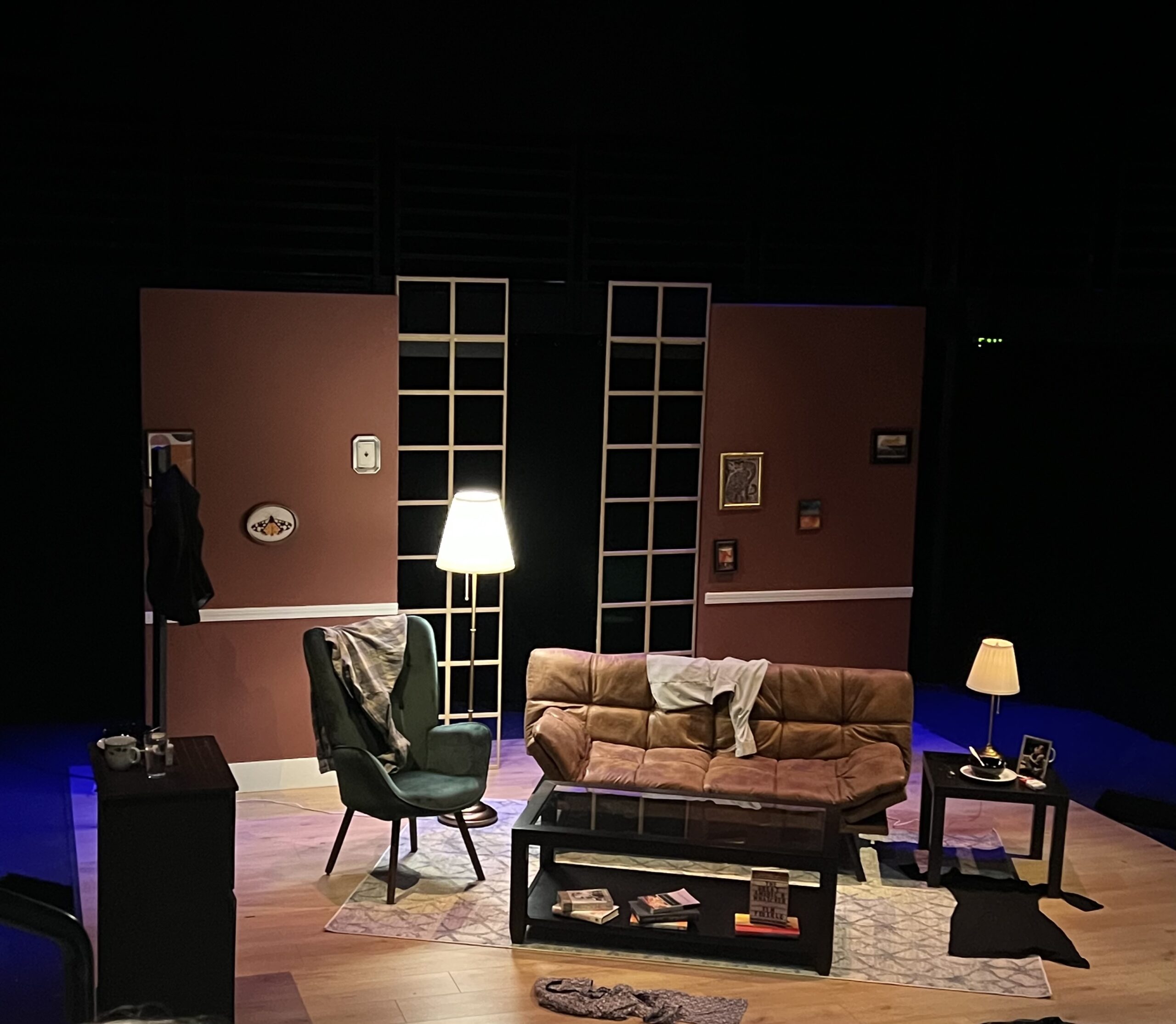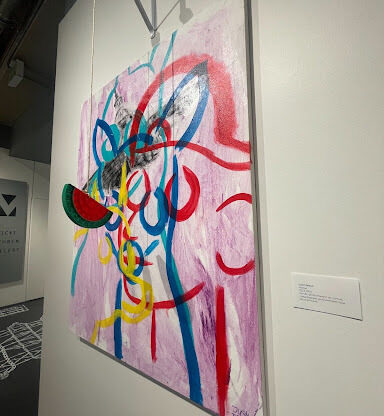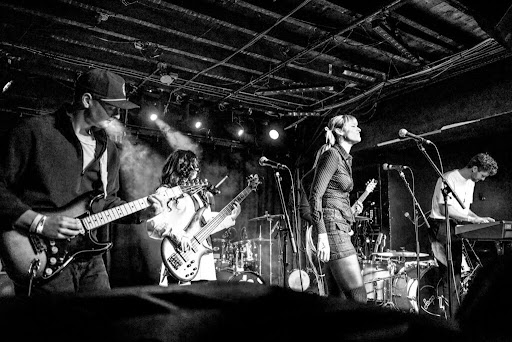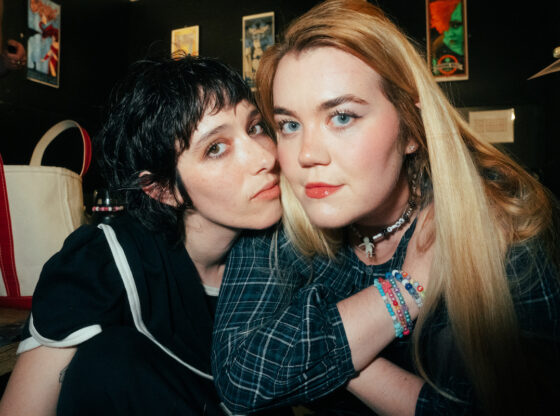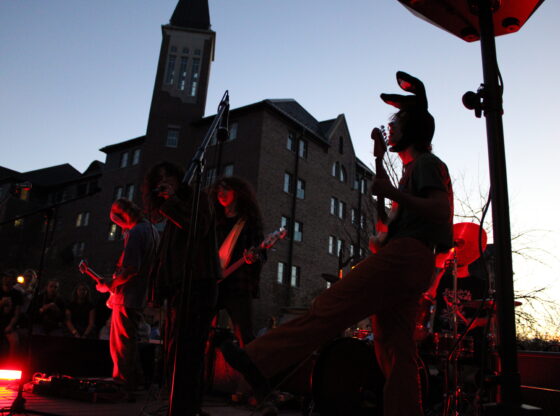Season two of “Big Mouth” has been out for a about month now, and if you haven’t watched it yet, I can’t blame you. If you didn’t see season one—even if you did—it’s likely you can’t get past it’s shockingly crude nature; it makes “South Park” look like a PBS Kids show. Though it does contain some important commentary on topics such as slut-shaming, depression and homophobia, my advice is: take it seriously—or don’t.
You could choose to heed the show’s messages, or simply watch it for the abundance of sexual innuendos and toilet humor. Many people designate “Big Mouth” as their show to watch only while inebriated; whether or not you use substances before or while you watch the show, it’s definitely worth giving it a chance.
Episode one picks up right where season one left off: Jay, as a result of his misguided and sexually curious nature, has ran away with his pillow girlfriend and child (yes, in the “Big Mouth” universe, pillows can get pregnant) with Jessi tagging along, still dealing with the fall-out of her parents’ separation. The two of them soon head home after realizing their mistakes, returning to their families and peers who are also dealing with the horrors of adolescence.
Nick and Andrew are still at opposite ends of the development spectrum; Nick, voiced by one of the show’s co-creators Nick Kroll, is a stunted “squirrel of a boy” who has help from one of the most defective Hormone Monsters there is: Rick.
Undoubtedly the best part of the show, Rick gives relationship advice like, “Say it louder, she didn’t hear your race comment!” and thinks every single person he meets is “the man.” He eventually retires after finally getting Coach Steve, a 47-year old “man baby,” to lose his virginity, but I’m truly hoping he makes a comeback for season three.
Andrew, voiced by comedian John Mulaney, is developing so rapidly that his parents forcibly wax his mustache off, which starts a downward spiral of self-loathing and poor decision making that introduces the Snape-like Shame Wizard (or “Shane Lizard,” as Coach Steve calls him) to the show. The quite aptly named Shame Wizard makes Andrew and the rest of his peers feel ashamed for things that are a natural part of adolescence, adding an unexpected layer of depth to the show.
There’s a slight detour mid-season with “The Planned Parenthood Show,” where Nick, Andrew, Jessi, Jay and Missy all participate in various skits to educate Coach Steve about the various services Planned Parenthood offers. Missy, a proudly awkward geek voiced by Jenny Slate, leads a journey within the female reproductive system to make a point about de-stigmatizing women’s health issues. Andrew is yet another victim of the “blue waffle” myth, as he endures a nightmare situation where the fictional STD wreaks havoc on his life and those around him.
The season ends with Nick, Andrew, and Jessi in “puberty headquarters,” where all Hormone Monsters deliberate about the ongoings in every adolescent’s life. Jessi, after she began a streak of stereotypically rebellious behavior as a consequence of her parents’ imminent divorce, lands in the grips of Kitty, the embodiment of depression. Nick, Andrew and their hormone monsters team up with Jessi’s Hormone Monstress and get Jessi out of Kitty’s control, but it leaves us wondering where Jessi will be in season three.
Again, if you’re appalled at the premise of this show, that’s quite alright. But, it’s writing is brave and funny enough that you shouldn’t count it out immediately; I’d say Rick alone makes it worthwhile. You can watch season one and two exclusively on Netflix.



